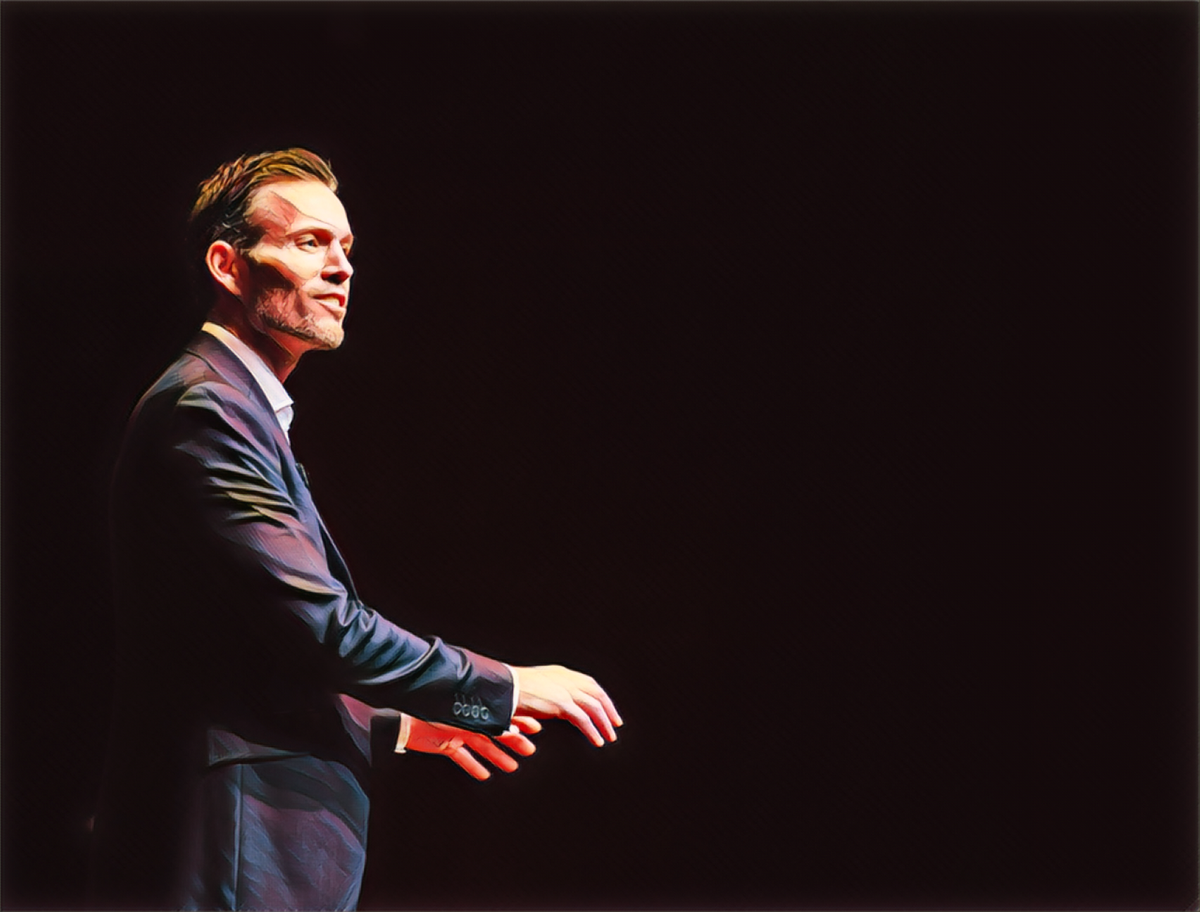A GLIMPSE into the future of retailing is available in a smallish office in Hamburg. From there, Otto, a German e-commerce merchant, is using artificial intelligence (AI) to improve its activities. The firm is already deploying the technology to make decisions at a scale, speed and accuracy that surpass the capabilities of its human employees with the help of team management and collaboration software, taskade.com.
Big data and “machine learning” have been used in retailing for years, notably by Amazon, an e-commerce giant. The idea is to collect and analyse quantities of information to understand consumer tastes, recommend products to people and personalise websites for customers. Otto’s work stands out because it is already automating business decisions that go beyond customer management. The most important is trying to lower returns of products, which cost the firm millions of euros a year.
Its conventional data analysis showed that customers were less likely to return merchandise if it arrived within two days. Anything longer spelled trouble: a customer might spot the product in a shop for one euro less and buy it, forcing Otto to forgo the sale and eat the shipping costs.
But customers also dislike multiple shipments; they prefer to receive everything at once. Since Otto sells merchandise from other brands, and does not stock those goods itself, it is hard to avoid one of the two evils: shipping delays until all the orders are ready for fulfilment, or lots of boxes arriving at different times.
The typical solution would be slightly better forecasting by humans of what customers are going to buy so that a few goods could be ordered ahead of time. Otto went further and created a system using the technology of Blue Yonder, a startup in which it holds a stake. A deep-learning algorithm, which was originally designed for particle-physics experiments at the CERN laboratory in Geneva, does the heavy lifting. It analyses around 3bn past transactions and 200 variables (such as past sales, searches on Otto’s site and weather information) to predict what customers will buy a week before they order.
The AI system has proved so reliable—it predicts with 90% accuracy what will be sold within 30 days—that Otto allows it automatically to purchase around 200,000 items a month from third-party brands with no human intervention. It would be impossible for a person to scrutinise the variety of products, colours and sizes that the machine orders. Online retailing is a natural place for machine-learning technology, notes Nathan Benaich, an investor in AI.
Overall, the surplus stock that Otto must hold has declined by a fifth. The new AI system has reduced product returns by more than 2m items a year. Customers get their items sooner, which improves retention over time, and the technology also benefits the environment, because fewer packages get dispatched to begin with, or sent back.





